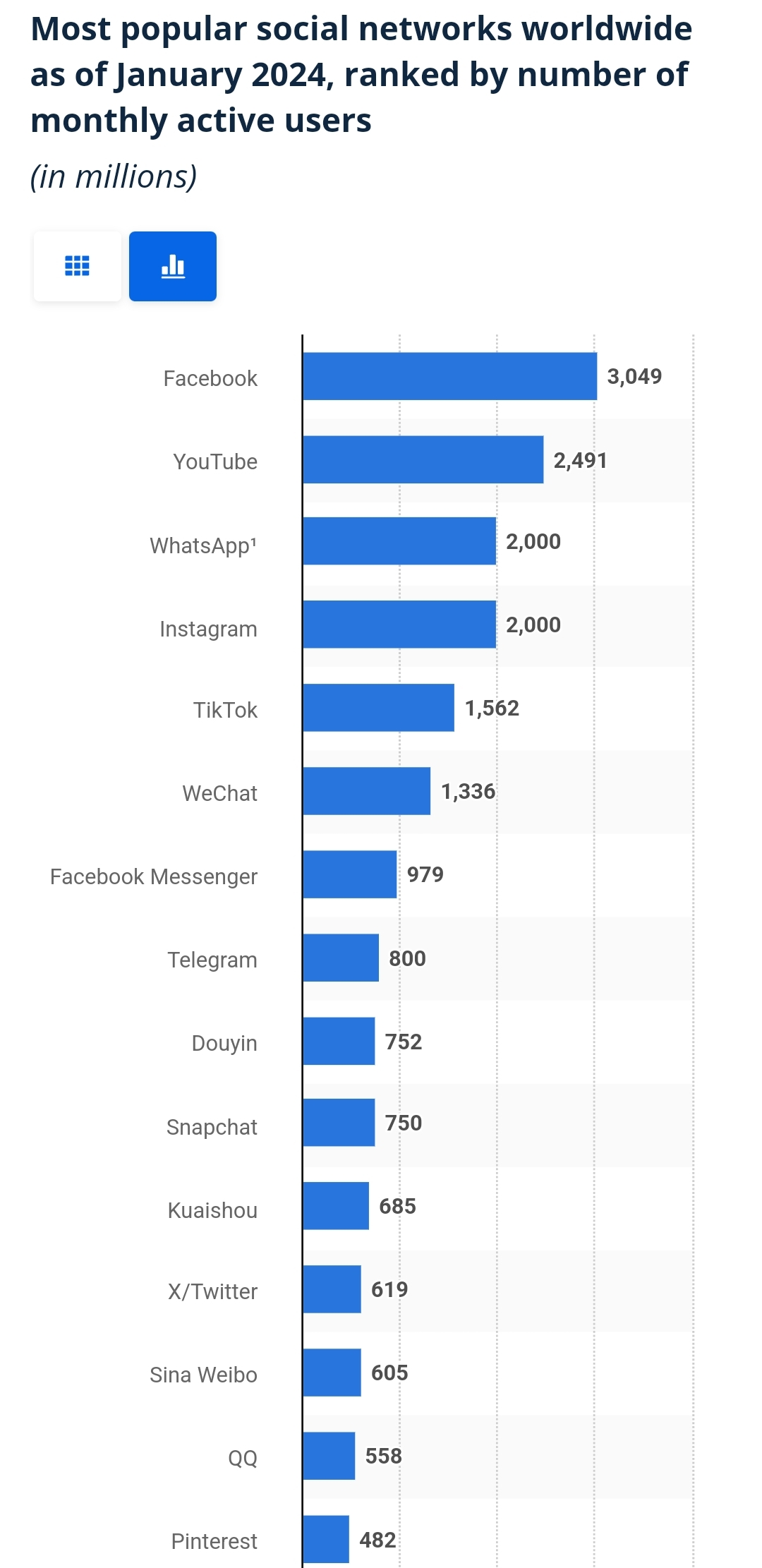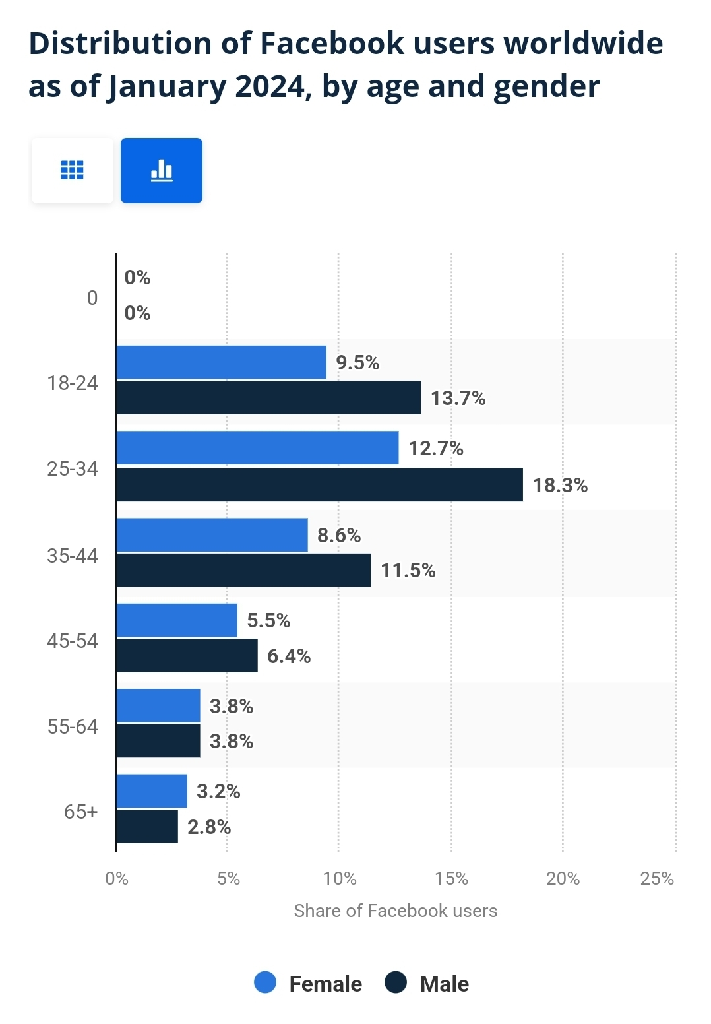I don't use it, but I would assume because if the people you know are on it, leaving it means that you can't talk to them.
Social media is an example of a type of system that benefits from network effect; the value rises as something like the square of the number of users. That is, there's value in using the system because other people use it.
Systems that benefit from network effect are going to be pretty hard to shift people off of.
In practice, it's probably not really the square of users -- most people don't interact with or even have the realistic possibility of interacting with billions of people. But they do interact with "pools" -- not an official term, just something I'm making up here -- of people that might be a subset of that. Some might be friends and associates, the sort of thing that hovers around Dunbar's number, maybe 150. There might be a broader pool of people with similar interests that one might interact fleetingly with, a broader pool that speaks the same language, etc. And once a lot of people in such a "pool" are in a given system, it increases the value to an individual a lot, because those are the people that the system lets them speak to and lets them hear. If you leave for a competing system, you give up connectivity to all the people in that pool.
That creates a collective switching barrier, and a potent one. The point of social media is to communicate; if nobody else uses it, it has essentially zero value.
There's also an individual switching barrier created by UI familiarity -- that discourages anyone from using a given system, isn't really specific to social media, but it explains why anyone would tend to want to avoid switching away from a system that they are familiar with, all else held equal.
In the case of social networks like Reddit, a moderator might have built up personal reputation and a userbase for their particular group. I don't know how Facebook group moderation works, but let's say that it works the same way as on Reddit. If you switch to a Facebook alternative, you lose the status, plus the network effect from that particular group. That's another individual switching barrier.
In the case of social networks like Reddit, which use pseudonyms, you accrue reputation associated with a pseudonym. I know a handful of pseudonyms on the Threadiverse that are knowledgeable or trustworthy. That gets zeroed out when you switch a network; people lose both the status and the knowledge of the reputations of others, don't know who to trust. There are ways to deal with that particular one, like having a bot that everyone trusts that tells a new Fediverse account to send a particular random comment, waits for a Reddit account to send a message and then endorses a particular user on the Threadiverse as also being a user on Reddit. But...if you look at the Fediverse today, it doesn't have a mechanism for that. And if people running social media like Facebook or Reddit discovered some kind of process like that, they'd probably have an interest in shutting it down, doing what they could to disrupt that transfer mechanism. That's another individual switching barrier.
The combination of all of these switching barriers makes it pretty tough for someone to leave, and it's one reason why social networks have value -- because you're getting your hands on information about and access to a large userbase that will have a hard time switching away.
I don't actually know if there is some kind of alternative that aims to do the same thing that Facebook does. Reddit isn't it, and Twitter isn't it, though they do do some vaguely-related things. But, okay, let's say that something like that exists.
It's really hard to get a person to switch, because if they do so in isolation, they smash into the switching barrier associated with network effect.
And because you have to have everyone do this at the same time, you have a collective action problem. You propose that everyone switch from Facebook to -- for example -- Fedibook on the Fediverse. If everyone switched concurrently, nobody would hit the barrier to switching from network effect. But...it's hard to convince everyone to do so. Maybe some people are sick or busy that day and don't want to put the time in at the same time. Some people aren't going to want to do it -- they aren't going to want to put in the time to learn a new system and build new workflows around it, maybe learn new client software. It's like switching from Windows to Linux -- someone may have put many years into learning Windows, and that's experience that in part goes away if they switch to Linux; for them, that's a large individual switching barrier. Some percentage of people feel, based on a quick assessment, that the individual switching barriers above dominate, make a switch from Facebook not worthwhile even if they are willing to participate in a mass concurrent switch. Maybe some people think that Fedibook is technically-superior to Facebook and would have used it if each had 0 users and were put side-by-side, but don't want to deal with trying to coordinate a concurrent switch. And because you can't get a simultaneous collective switch going due to those reasons, every individual user thinking about switching is going to face the big collective switching barrier -- being cut off from lots and lots of other people.



